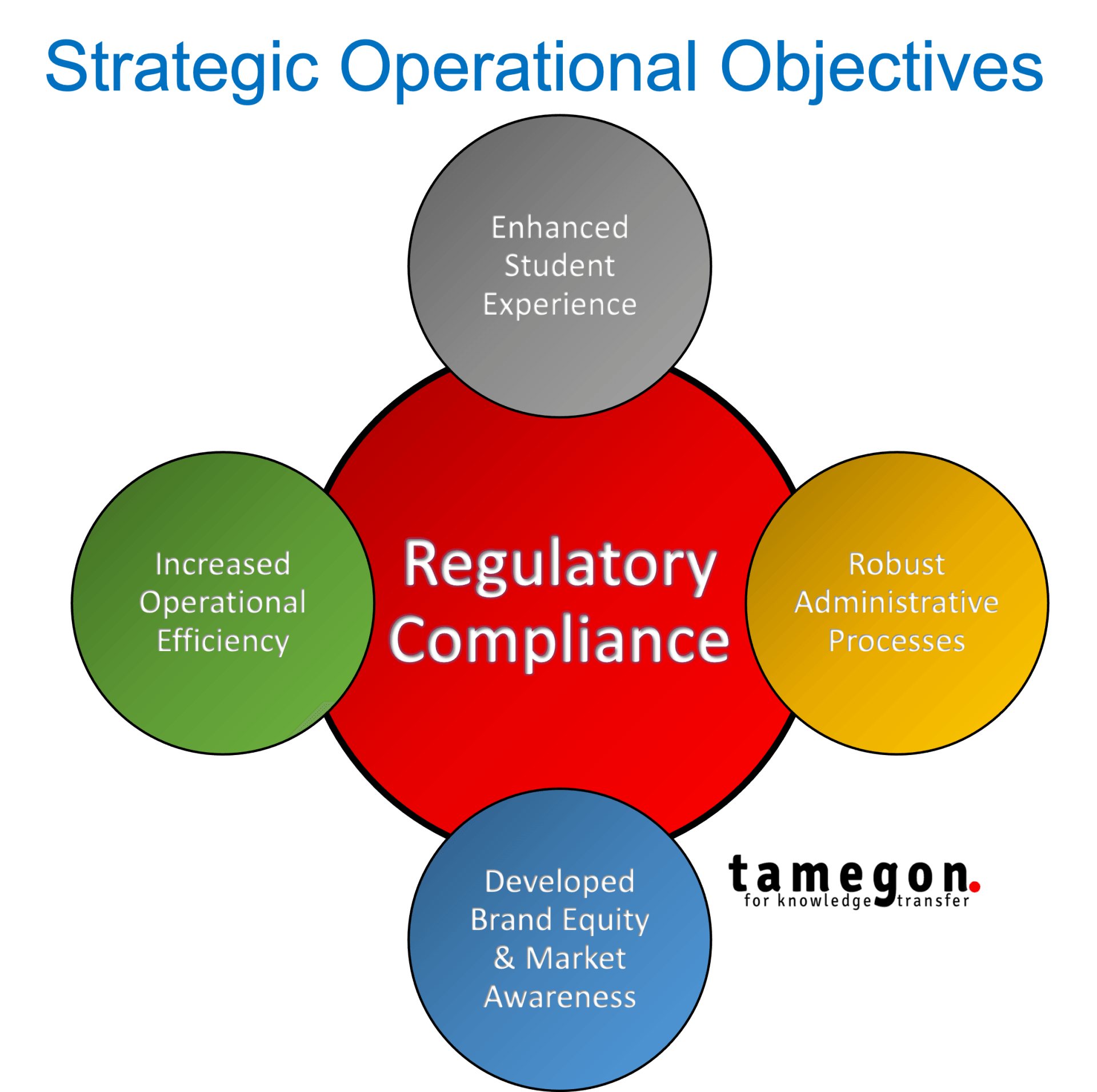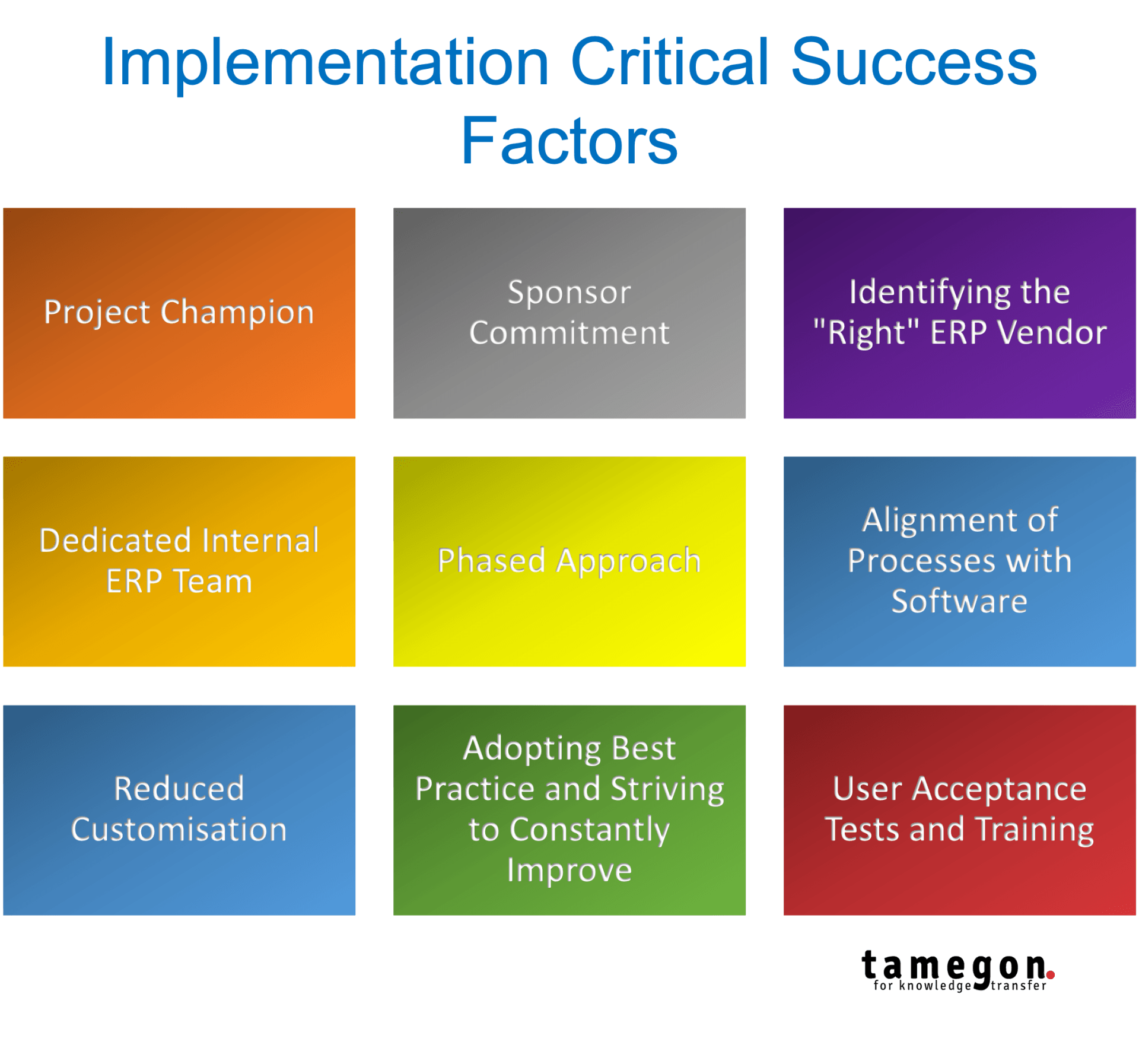ERP implementation in a newly launched university in the Middle East - Lessons learned
Dr Costas Chryssou
February 13, 2022
tamegon Innovation and Growth Advisory Firm
Recently, I had the privilege of being part of the executive team that launched a new, high quality, technological university in the Middle East. I thought in this article to capture the lessons learned from the successful implementation of an Enterprise Resource Planning (ERP) software solution which together with all of the policies, processes, procedures and systems comprised the young university's administrative backbone allowing it to operate and accept undergraduate and graduate students in record time.
"…The opportunity to start from a blank page and create an entire institution from concept to reality is a rare and precious gift. It enables many possibilities that would be unthinkable at established universities…But it requires vision, passion, and courage to attempt to innovate and to deliberately create a new and improved learning culture…" Richard Miller

Implementing an ERP system, whatever the size or sector of the organisation, can be a risky, time-consuming, complex and sometimes a costly undertaking. Attempting though to implement such system in a start-up introduces additional unique challenges, but also unique rewards for a young organisation.
For the newly launched university, the successful implementation of the ERP system was key to fulfilling its strategic operational objectives linked to offering an enhanced student experience allowing prospective students to interact seamlessly with the university's administration; increased operational efficiencies developing a lean and nimble administrative structure; streamlined administrative processes integrating different departments and functions including marketing, student recruitment, student administration, finance and HR; assistance with regulatory compliance through capturing and making available student and other data required by the licensing authorities; and ultimately linked to the development of the university's brand equity culminating in the fulfilment of student recruitment efforts.

On reflection, the critical success factors that positively influenced the implementation of the ERP system, but also served the university in many other ways, are:
- A functional resource acting as the project champion that understands the project's technical aspects, but also the overall business benefits is critical to the successful implementation of the ERP.
- Sponsor commitment, making available the right resources, focusing on the timely realisation of the expected business benefits, keeping the rest of the executive team engaged and informed while maintaining project momentum when schedules are amended, is crucial.
- Identifying the "right" ERP vendor from the start that understands the challenges of dealing with a start-up and is willing to work closely with the team to also offer best-practice advice on the development of processes, procedures and systems while the administrative policies are being written, is precious.
- Selecting an ERP system that is economical and represents value for money is paramount due to the small student and staff numbers at the beginning, but also since any start-up needs to manage the all important cashflow while investing in the university's educational mission. The choice of a cloud-based solution paid dividends on several fronts including reduced cost and manpower as well as ease of accessing software updates.
- Having a dedicated internal ERP team and not relying entirely on the ERP vendor's consultants was proven to be the right decision; the internal university ERP team, in a very short time, became the single point of contact for all staff and students capturing and disseminating information while gaining crucial understanding and know-how about the system.
- A phased approach to ERP implementation is a wised choice; mission critical functions dealing with the university's prospective and current students should be prioritised. Subsequent phases of the implementation should include less critical but still very important functions such as finance and HR allowing the university to grow its student population while internal functions are seamlessly integrated.
- Internal policies, processes and procedures need to be completely aligned with the software solution. This was proven to be a significant advantage for the young organisation having the opportunity to design all policies and procedures in a systematic manner alongside the ERP implementation, as was the lack of legacy student data which is always a big consideration for implementing an ERP solution in a mature organisation.
- Customisation of the ERP system should be avoided at the early stages of the implementation. As the organisation gains understanding about the effectiveness of its own processes and receives feedback from all its users some customisation can be pursued at a later stage as part of continuous improvement efforts.
- Robust IT infrastructure with fast internet access is crucial to the implementation and more importantly for the use of a cloud-based ERP solution to guarantee optimum user experience.
- User acceptance and training of all staff on the latest software releases minimises staff resistance and provides early feedback to the implementation team about potential user issues and challenges.
- As with every change project, frequent and succinct communication is important while implementing the ERP system; successes, challenges and issues at each implementation stage should be communicated to the end-user to maintain rapport with all staff.
...the implementation of an ERP software solution is an example of a never-ending-story...
The go-live day is not the end of the journey of course. The solution needs to continue to be developed and its features to be learned and further explored. It has to be accepted by all staff, to be used and maintained, but also to grow in tandem with the university's growth plans and ambitions.
There is no doubt that the successful implementation of the ERP solution contributed immensely to the achievement of many of the young university's strategic objectives and set it to a path of sustainable growth with administrative and academic functions seamlessly integrated providing excellent value to all university's stakeholders.
Access other relevant articles
here.

Costas Chryssou
MBA, PhD
Founder and Managing Director
Sign up for our
articles
Sign up to our newsletter











